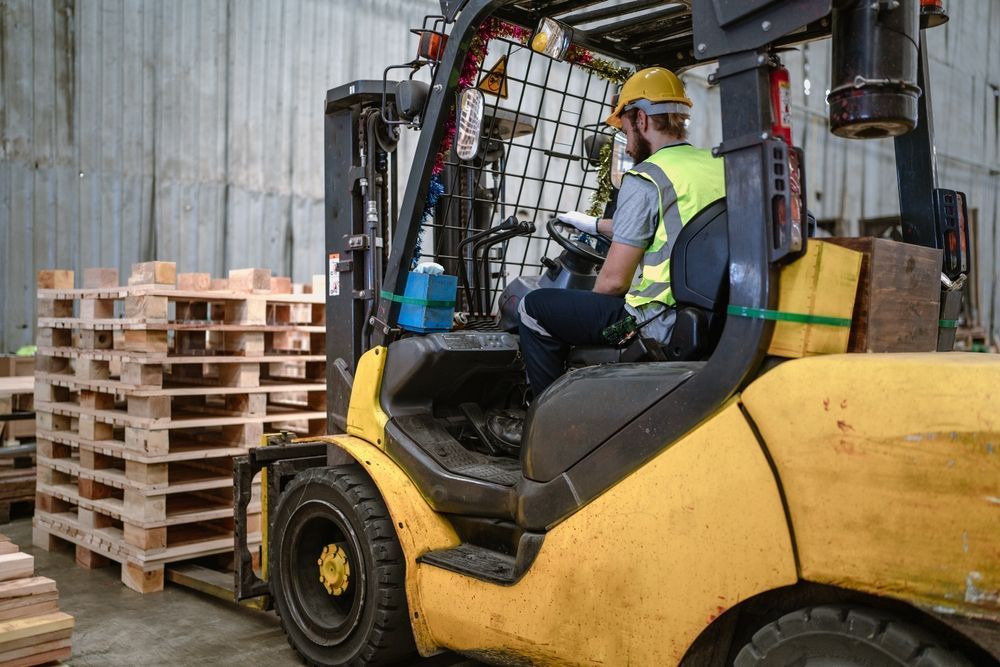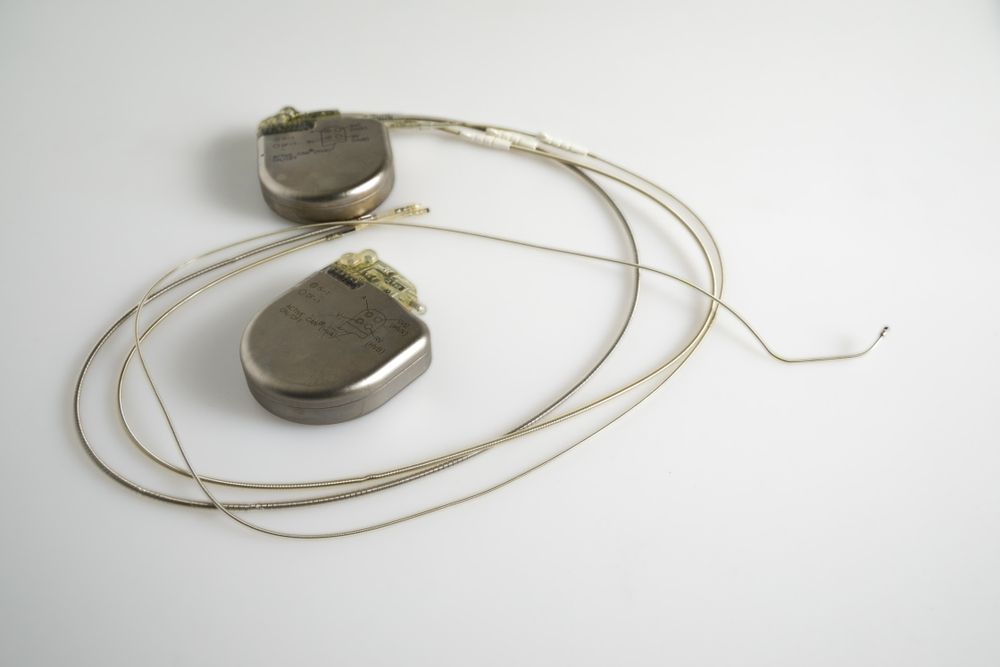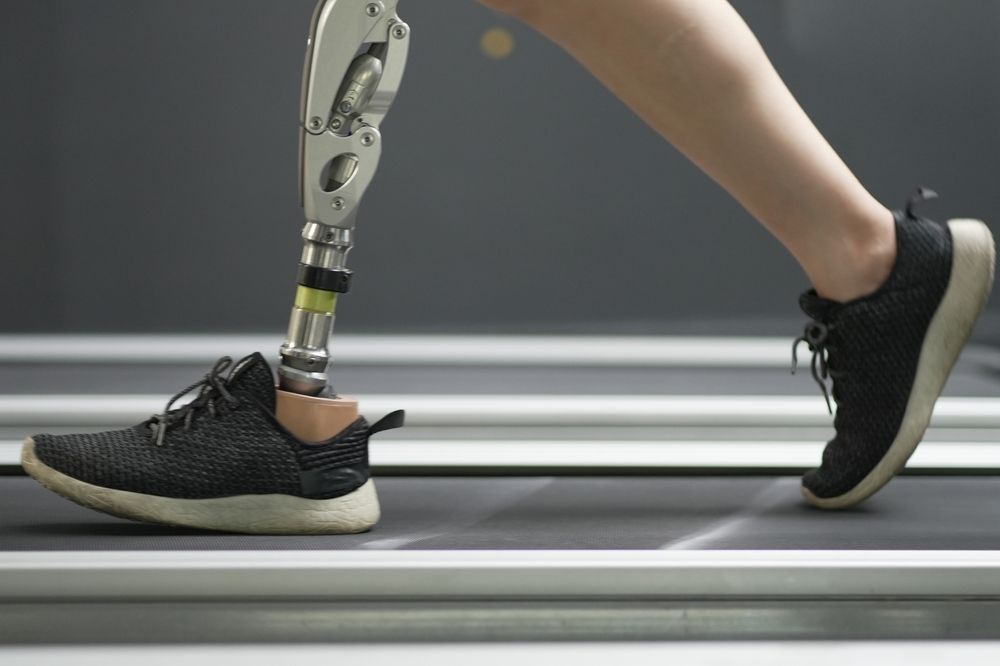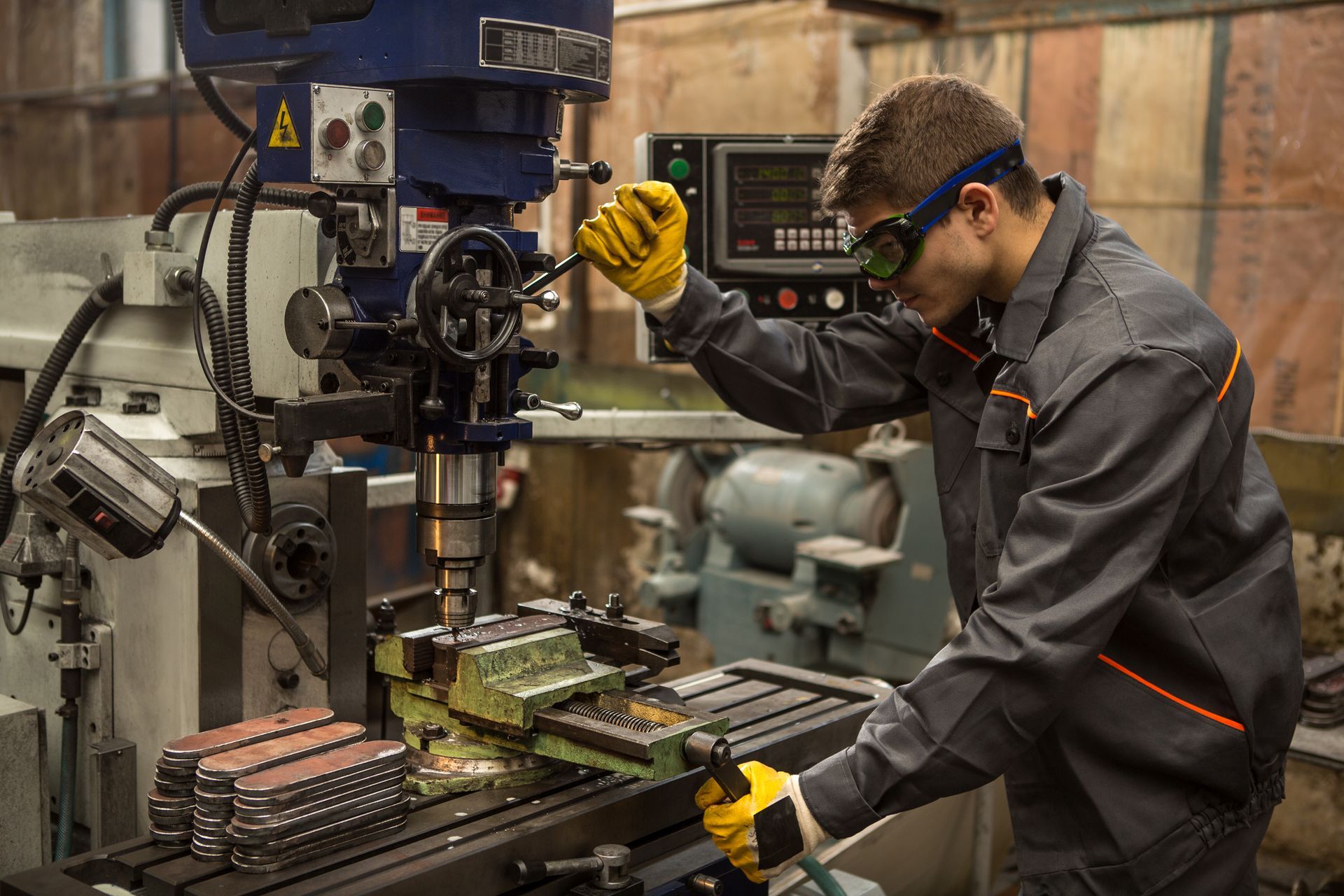Texas Orthopedic Devices and Appliances Tax Exemption (aka Zimmer Ruling)
Historically, the TX Comptroller of Public Accounts maintained that Texas Tax Code Section 151.313 did not create a Texas orthopedic devices and appliances tax exemption for hospitals that provide medical services. However, in 2012, the Court of Appeals concluded that the definition of the term “orthopedic appliance” in Rule 3.284, which interprets TX Tax Code Sec. 151.313, did exempt instruments and tools used to implant orthopedic devices.
In the 2012 court case,
Zimmer US, Inc., Appellant v. Susan Combs, Comptroller of Public Accounts of the State of Texas , Zimmer claimed that the language used in Rule 3.284 to define appliances or devices and orthopedic appliances should include instruments used exclusively in orthopedic procedures. Rule 3.284(a)(1) of the Texas Administrative Code, defines an appliance or device as, “an instrument, apparatus, implement, machine, contrivance, implant, chemical, or other similar or related product that does not achieve its primary intended purposes through chemical action within or on the body, and that is not dependent upon being metabolized for the achievement of its primary intended purposes.” Rule 3.284(a)(12) defines an orthopedic appliance as “any appliance or device designed specifically for use in the correction or prevention of human deformities, defects, or chronic diseases of the skeleton, joints, or spine.”
Zimmer reasoned that if an instrument is designed specifically for use in a particular orthopedic surgical procedure, and because the implantation of prosthetics would be impossible without this procedure, they are part of the “correction” of an orthopedic condition. The court agreed with Zimmer’s contention, stating that both of the definitions in Rule 3.284 leave no major terms undefined, include very specific lists, and contain reasonable interpretations of the term “orthopedic device” that does not contradict the tax code’s plain language.
A significant term that supported the basis of the court’s determination is the language in Rule 3.284(a)(12) that states, “designed specifically.” This essentially means that the appliance or device needs to be designed by the manufacturer for exclusive use in the correction of skeleton, joints, and spine deformities. If the appliance or device can be used in other surgical procedures, then it will not qualify for exemption as an orthopedic appliance or device. For example, a pneumatic drill and associated attachment burs may be purchased by a hospital for use during skeleton and joint repair procedures. However, if the drill and attachment burs are designed by the manufacturer for use in other applications, such as neurosurgery and ENT procedures, then it would not qualify for exemption.
Since the exemption is determined by the designed use of the appliance or device, it is important to conduct due diligence and review all relevant documentation for the item. There are several pieces of documentation that can be helpful in determining device classification; marketing materials and product brochures issued by the manufacturer, instructions for use that contain indications for the item, and FDA 510K statements which often states the device classification. The inclusion of a product in the FDA classification of orthopedic devices does not mean the item automatically qualifies as an orthopedic appliance or device for Texas sales tax purposes. Even if an item is classified as an Orthopedic Device under Title 21 of the Code of Federal Regulations, Part 888, the item must also clearly meet the definition of an orthopedic appliance or device under Rule 3.284(a)(12) and be designed specifically for use in the correction or prevention of human deformities, defects, or chronic diseases of the skeleton, joints, or spine.
Generally, vendors making sales orthopedic appliances and devices must collect tax. Additionally, most vendors haven’t adjusted their systems to account for this ruling that allows an exemption on orthopedic appliances and devices. The vendor does not need to charge sales tax on purchases of orthopedic appliances and devices if the purchaser provides them with a Texas Certificate of Exemption (Form 01-339). If sales tax has already been paid, collected, and remitted on the purchase of orthopedic appliances and devices in Texas, the purchaser can apply for a refund from the Texas Comptroller of Public Accounts.
As with all Sales & Use Tax research, the specifics of each case need to be considered when determining taxability. Agile Consulting Group’s sales tax consultants can be found on our page summarizing
Texas sales and use tax exemptions. If you have questions, comments or would like to discuss the specific circumstances you are encountering in regard to this issue or any other Sales & Use Tax issue, please contact us at (888) 350-4TAX (4829) or via email at
info@salesandusetax.com.
Citations:
The post Texas Orthopedic Devices and Appliances Tax Exemption (aka Zimmer Ruling) appeared first on Agile Consulting Group.











